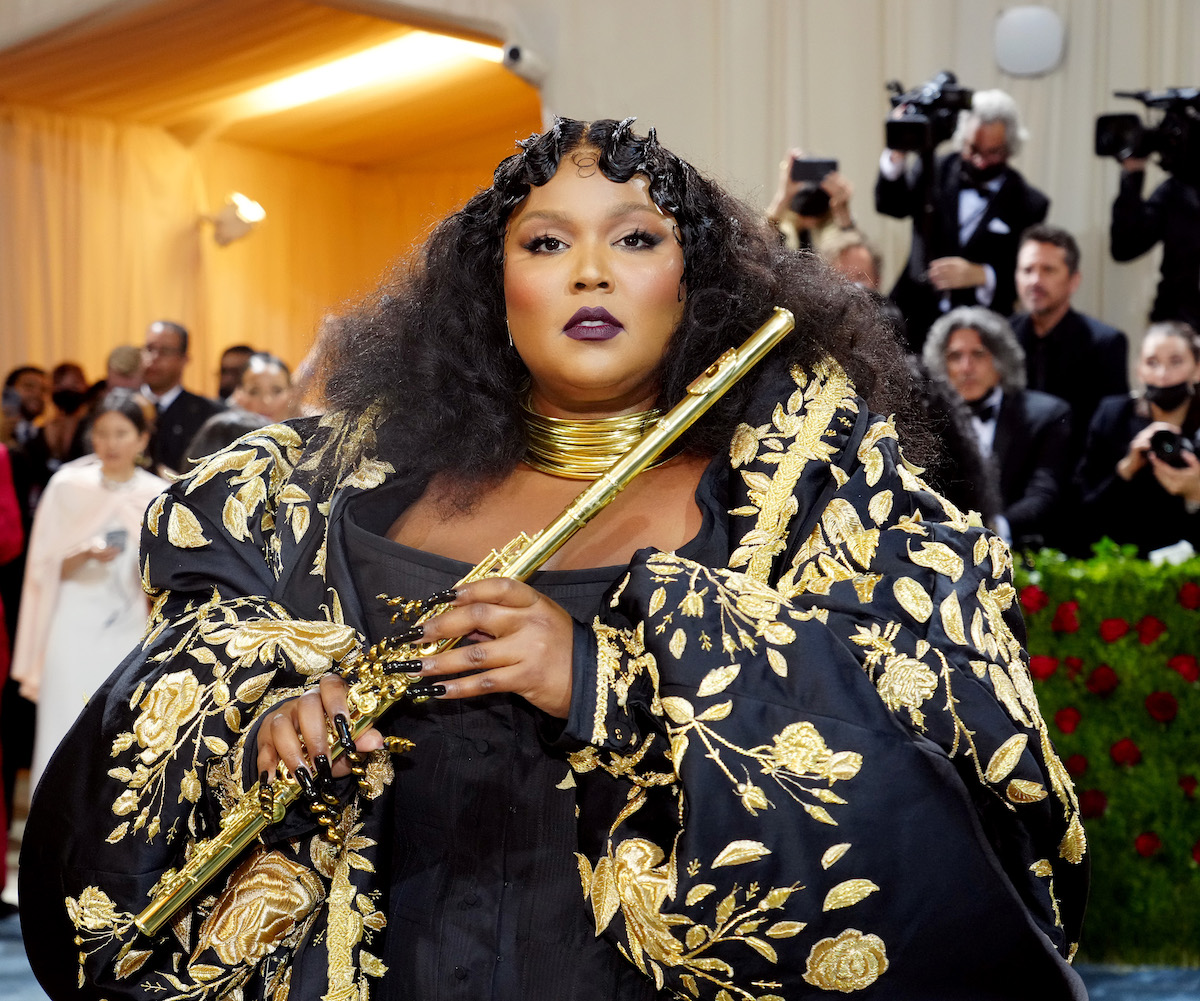How to Apologize, by Lizzo
Like many powerful leaders of large organizations, superstar musician Lizzo recently made a mistake. What she did next provides a master class in how to issue a meaningful apology that preserved her valuable relationship with her fans.
On June 10 Lizzo released a new track called “Grrrls.” The song included a term with a history as an offensive slur for a disabled person, though not everyone who uses the term may be aware of this history. The next day, a disability advocate named Hannah Diviney tweeted about her anger in a post directed at Lizzo that explained the problem with the term: “‘Spaz’ doesn’t mean freaked out or crazy. It’s an ableist slur. It’s 2022. Do better.”
The following day, Lizzo herself issued a public statement apologizing for the harm caused and announcing that she had changed the lyric and released a new version of the song. Given that most public figures tend to lean on the non-apology apology when they screw up, it’s striking to note the ways Lizzo handled this right and probably increased her fan base. Leaders of all kinds should be taking notes. Here’s why Lizzo’s apology was effective:
She did not wait. When an apology comes weeks after an offense, it is much less effective, especially if it’s clear that the person apologizing was triangulating the most advantageous response instead of issuing a heartfelt, human reaction.
She was humble. Lizzo said in her statement that she had not known the term was a slur when she put it in the song. Lesser leaders might use that fact as an excuse — “I didn’t know it was bad, so why should I be blamed for using it?” — but instead she framed the mistake as a learning experience that increased her empathy.
The buck stopped with her. Lizzo’s song credits multiple writers and producers, so it’s possible the word did not even originate with her. But her name is the one on the door, so to speak, and she took responsibility for the mistake without qualification.
She took meaningful action. Apologies are nice. Work to repair the wrong is far better. It likely cost Lizzo a lot of money to re-record and re-distribute the revised version of her song, but she knew it was the right thing to do. A cynic might say that she saw it as an investment in her brand and her fans. Both things can be true.
She got back to business. Lizzo made a mistake, and she responded quickly and appropriately. This is what allowed her to keep the “burn time” of the online fire as short as possible and pivot back to the business of running her music career, which generates millions in revenue and employs all the people who work for her.
The secret to making a true apology is to take yourself out of the equation. It’s not about you — it’s about the person who was harmed. Do what needs to be done to right the ship. Or, as Lizzo would say, “Boss up and change your life.”
Photo Jeff Kravitz, FilmMagic, Getty Images

